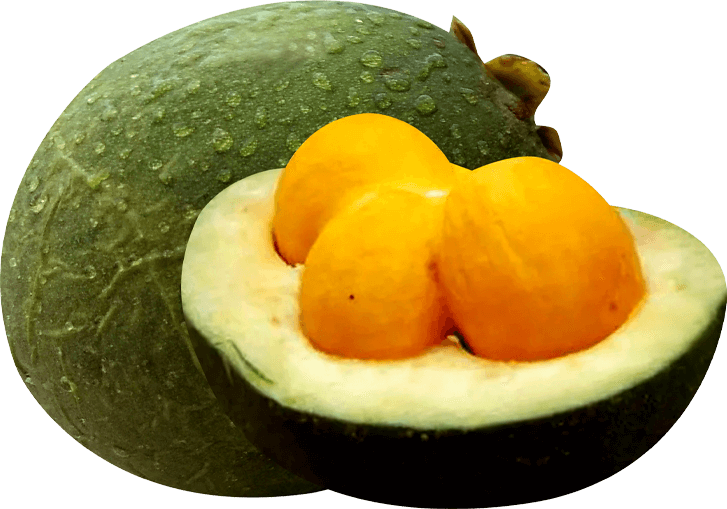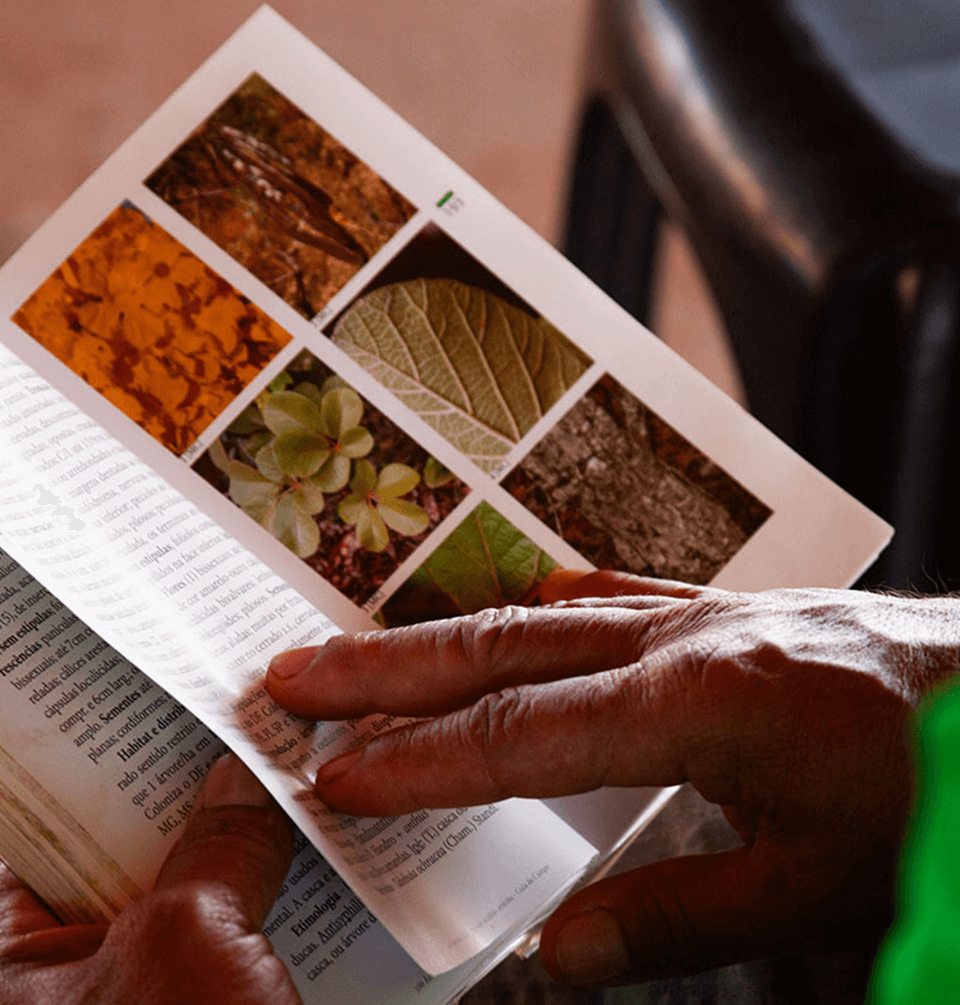
#BIOACTIVE
PRODUCTS
A market worth $186 billion
The bioactive market is one of the
most promising in the world, with
a CAGR (Compound Annual Growth Rate)
of 8%—and still underexploited in Brazil.
But, after all, what are bioactive
products used for? Today, bioactive
products are widely used in the chemical
and pharmaceutical industries and in
various beauty, personal care, food,
and beverage products.
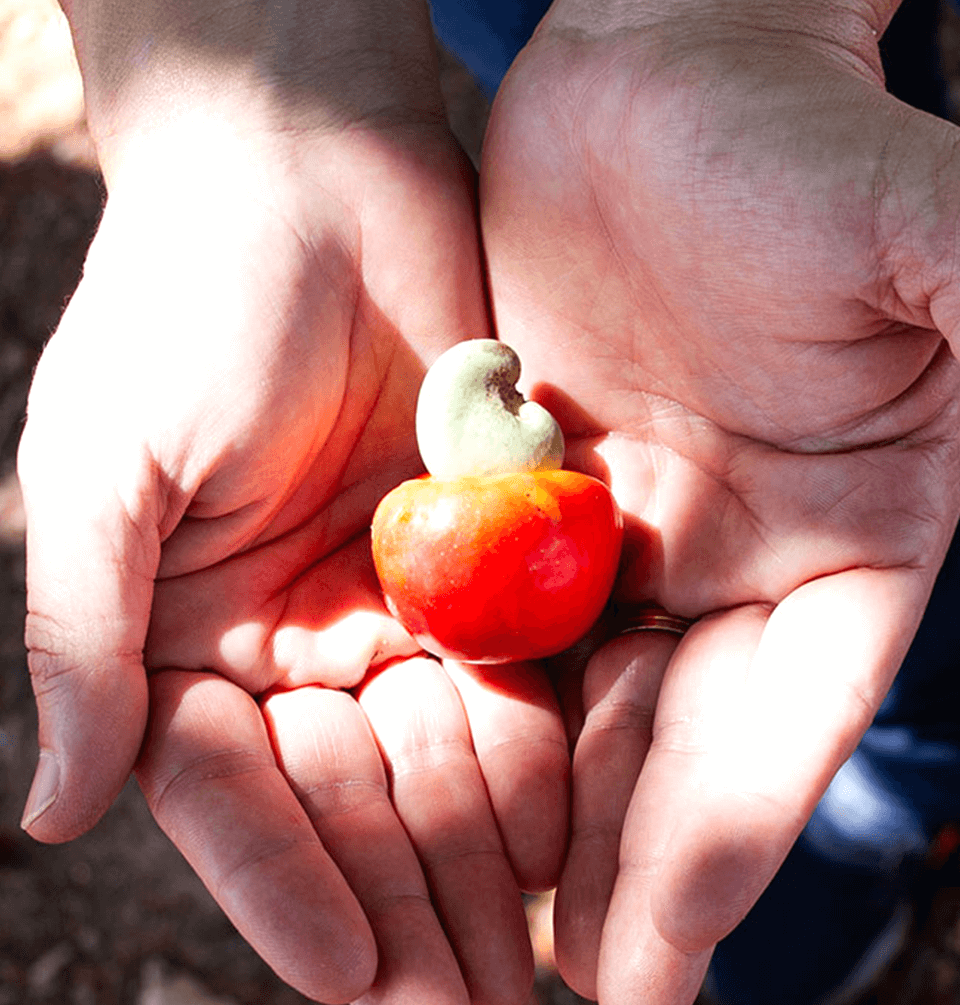
PROJECTIONS INDICATE
THAT, IN 20 YEARS,
EARNINGS FROM
THE SALE OF BIOACTIVE
PRODUCTS WILL
INCREASE, WITH ANNUAL
RATES OF RETURN
BETWEEN 20-25%.
OUR BIOACTIVE
PRODUCTS
BARU
Baru is a typical nut from the Cerrado biome,
widely recognized as the newest trend in
Superfoods and sold in Brazil and abroad.
Healthy and profitable, but little known
and about to become a big hit on the
international market.
- 26% protein
- 33% lipids
- Calcium
- Phosphorus
- Omega 6
- Rich in unsaturated oils
- Free radicals
- Cholesterol control
- Anti-inflammatory
- Prevents anemia and joint pains
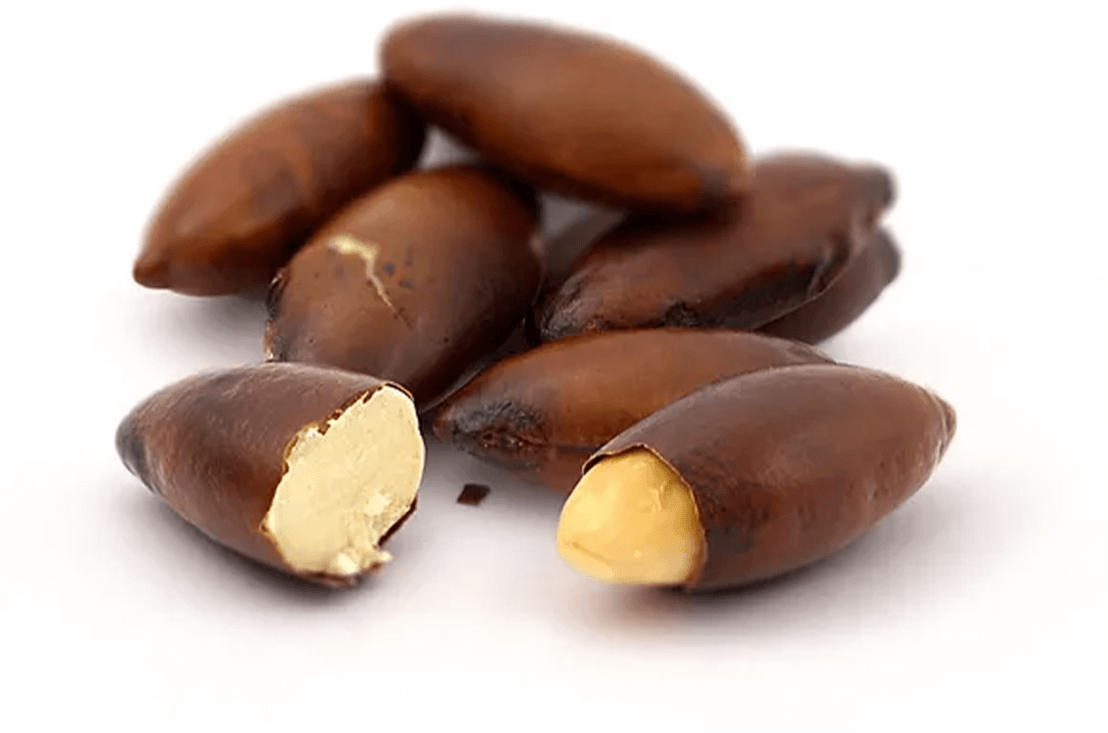
FAVA D’ANTA
Fava d’anta is a seed that can be found only
in the preserved Cerrado biome. One of its
characteristics is that it produces rutin, a raw
material for the production of quercetin,
a flavonoid with extremely high commercial value.
The quercetin market is valued at more than
$1 billion. For the future, sales are expected
to increase by 12.4% by 2032, reaching almost
$4 billion.
It is the big star of the Cerrado biome in
terms of phytomedicine and is used to
treat circulatory diseases. Today, its
by-products are used worldwide to
develop treatments for a range of
chronic diseases.
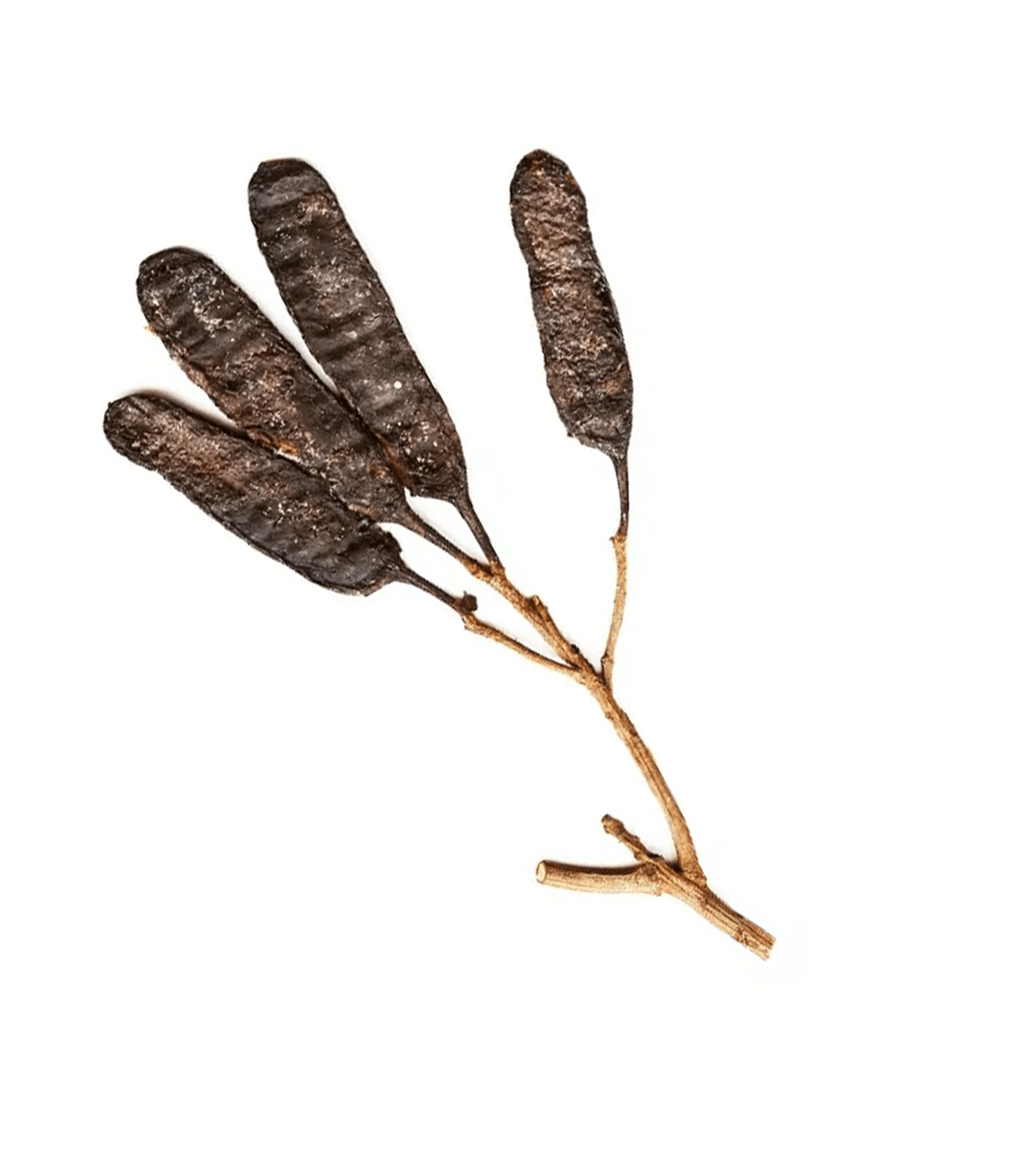
VANILLA
Vanilla, derived from orchids of the Vanilla
genus, is known for its distinctive aroma and flavor.
It has antioxidant, anti-inflammatory, relaxing,
and digestive properties. One kilo can sell for
between R$2,000 and R$5,000.
Its main consumers are the United States
and Europe, where there is a strong demand
by the food and cosmetics industries.
Vanilla has around 250 active
substances, including vanillin,
an aldehyde that gives it its
characteristic aroma. It is used in
a variety of ways, such as in sweets,
beverages, cosmetics, essential oils,
and aromatic candles. Its annual
consumption in the world is estimated
at 5.5 million tons.
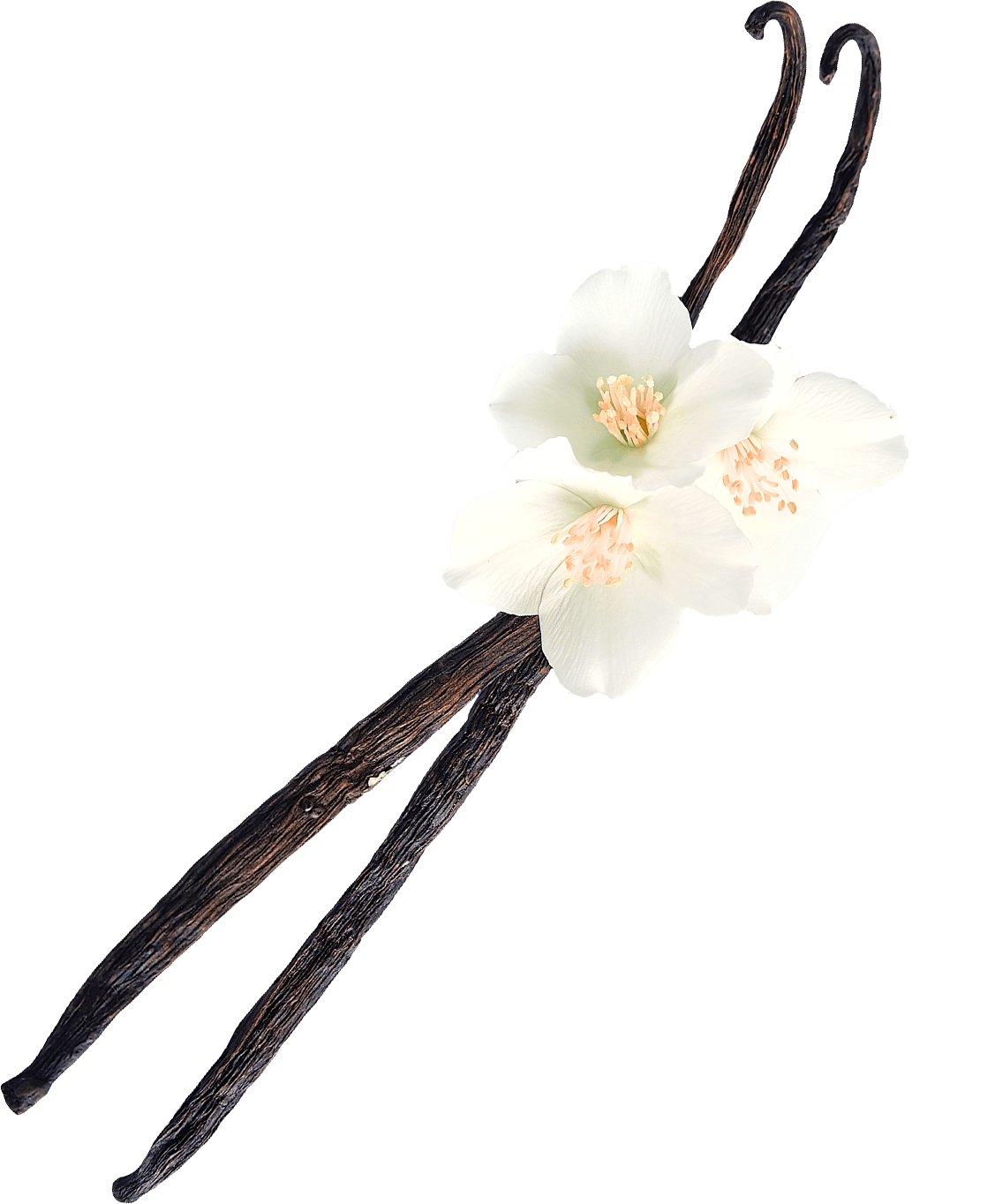
PEQUI
Pequi is a typical fruit of the Brazilian Cerrado, known for its strong flavor and characteristic aroma. The fruit is rich in nutrients and has several bioactive compounds, including carotenoids, fatty acids,
anti-inflammatory properties,
and antioxidants.
It is of great interest to the international market,
especially for its use in the cosmetics and food industries.
- Vitamin A
- Vitamin C
- Vitamin E
- Calcium
- Phosphorus
- Potassium
- Controls cholesterol levels
- Strengthens the immune system
